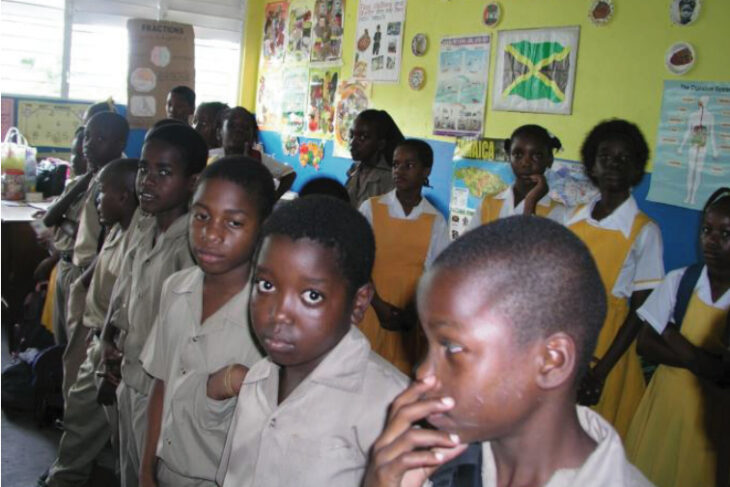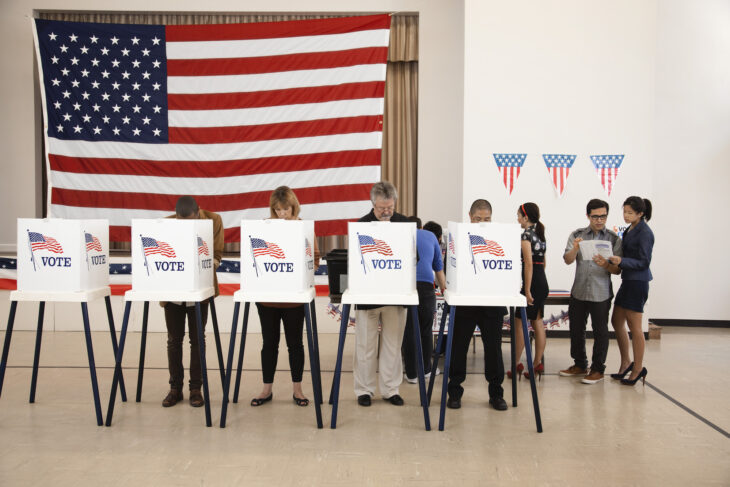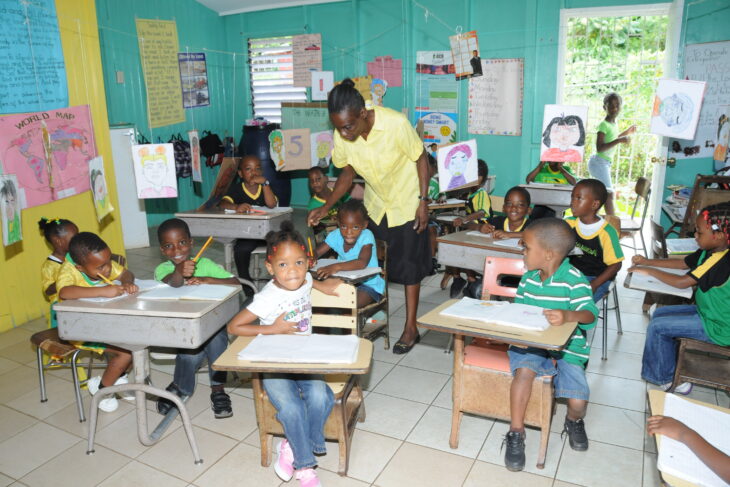
Music has, from the dawn of the history of the human race, been a constant source of motivation. From the early drums made of hollowed logs; stretched animal skins; stringed sounds from vines or animal intestines; to pianos and pipe organs; guitars; brass and wood wind; amplified synthesizers; and the steel pan; we have been under its hypnotic spells.
With the coming of the radio, music of different genres has been shared across continents, cultures, races, and religions. Music is interpreted by different persons, in particular composers, in a way designed to motivate every human emotion. Classical music calms, activates, arouses, brings dissonance, in different pieces and sometimes in the same piece.
The work of Handel in writing Handel’s Messiah takes the listener from the “gloom of the tomb” to the glorious triumph of the Hallelujah Chorus. The ranges of emotions in this one piece are myriad, but no Christian remains unmoved by the inspiration of the music. Good triumphs over evil, and hope springs eternal.
So too, the drums bring out emotions through their rhythms, and perhaps none are more potent in setting a mood than the drums of Africa. To those of African heritage and those other races evolved from the vast continent, the music of the drums continues to be moving within our subconscious, and are often motivational factors in setting the tone for our moods and behaviours.
A simple example is our driving behaviour when influenced by different types of music, or while studying, writing, dancing, shopping or even while playing dominoes. As a musician, I am privileged to be able to see the change in people’s moods by the choice of music.
Relaxing instrumentals give way to loving R&B; to invigorating but cool rock steady and reggae; to the frenzy of the dancehall. Playing in a band is a true revelation of how much influence the rhythm has on people.
If I am correct, then how can we ignore music in the many public discussions that take place regarding the crime and violence that seems to be out of control? It is time for musicians to enter the discussions and shed their expertise on the crime scene that has begun to affect their ability to encourage patrons to attend night performances in many communities.
The dancehall is a strong Jamaican phenomenon that has the ability to change moods. Over 25 years ago I asked the late musicologist Dr. Olive Lewin if she thought that this music would soon become lost to another genre. Her answer surprised me; it was a resounding no! I was intrigued and therefore pursued my line of questioning. This is what I learned.
Africa is driven by the rhythms of the many drums. African drumming has distinctly different rhythms for different occasions: for birth; christening or other religious acceptance; for coming of age; for weddings; funerals; and war; among others. Dancehall rhythms for the most part are war rhythms and often awaken the passions associated with violence.
It was an eye opener, and since then I have been alert and watchful at dances, in traffic, in schools and homes, and in other public places. There is much truth in what Dr. Lewin shared with me, and there is a need to discuss the rhythm of war in our current situation.
I have called out to my friends and the colleagues in the music business and so far they have confirmed my suspicions, and seem ready to make their input available in the media. Their input must be accommodated, as the other reasons to which violence is attributed are not mutually exclusive or collectively exhaustive.
The dancehall analysis may go well beyond the words directly to the rhythms. Revolutionary lyrics are not new in the world, and especially in Jamaica. In Bob Marley’s Talking Blues we were not rushing to make Molotov Cocktails in order to “bomb a church” but the message was clear. Neither did we book tickets to London to “Light up a spliff in Buckingham Palace” as Peter Tosh suggested.
Violence is not only about single-parenting; hunger; poverty; abuse; societal environment; education; or the many other bases for explanation. It may be about the contribution of the rhythm of war that evokes the awakening of our most violent animal instincts. In the Star Wars imagery “the Dark Side awakens”, Darth Vader emerges in our midst.
It may be the music of a very dark side of our unconscious inner self that evokes a behaviour that will tend to subvert social order and may cause us to expend money in remedial actions that may never attack a root cause with any certainty.
If there is any truth in this analysis then we will have to try novel ideas that can educate Jamaicans from their homes, transportation, schools, social gatherings, and political platforms and perhaps play the appropriate music for different occasions that will evoke the emotions that can enhance or influence appropriate behaviours.
It seems to me that a cultural heritage should not be denied but be understood, and used to increase the values of our society in a sustainable way. We are a people of African origins that have lost much of our heritage and knowledge in the forced transportation associated with slavery. We may need to recover our roots in order to properly understand our destiny.
Ziggy Marley connects this need through his song “Black my story; not his-story”. Perhaps in our own efforts to form a better society for all, many of us need to understand Africa in all its complexity rather than relying on a history written by other races; and of economics defined only by the multilateral agencies. Chris Kreider Womens Jersey



